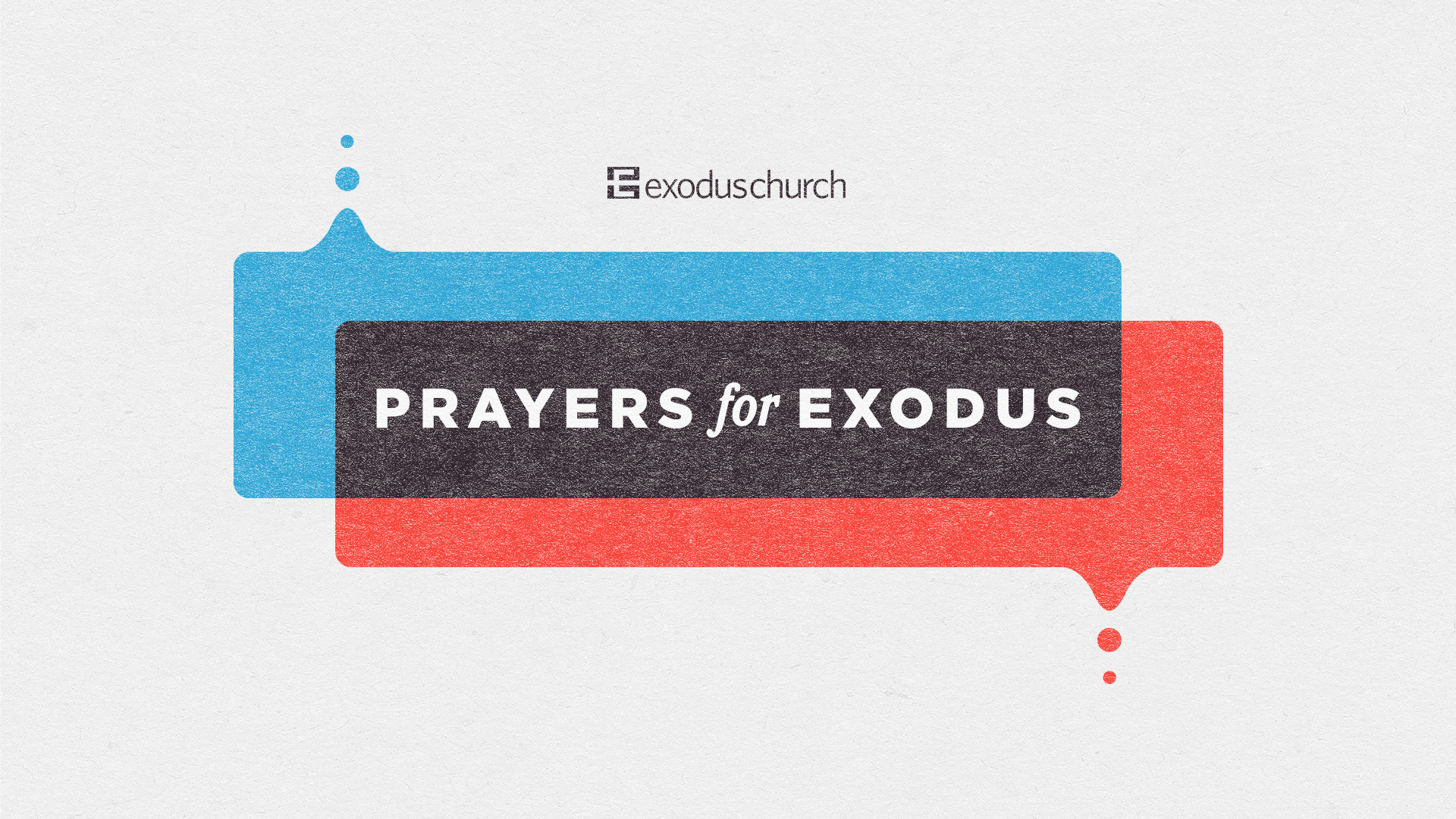Unified Identity
“They have a church for every type of person—from background, ethnicity, to where you shop, if you buy organic or you’re white bread people. The number of churches there to choose from is amazing.” I heard this in a conversation with someone about the culture of Christianity in a certain city in the South. There are a number of churches and ministries that really want to reach a certain niche of people—young people, old people, single people, married people, parents, children, youth, certain languages—the list could go on and on. It seems as if we have made an idol of seeking only those we easily understand.
This does not look like the image of the church that Paul reveals in Ephesians. He describes how God’s will is to unite all things in Christ. This included Jews and Gentiles, who had been taught to hate one another for their entire history. Now, through the work of the gospel, they were one. They experienced and were encouraged to pursue unity within a context of diversity through the power of the cross (Ephesians 2:14).
Where there were two, now through Jesus Christ, we are one people. But what does that mean for us as a people, and even as individual followers of Jesus?
Affinity is Not King
I’m still sometimes surprised by the tendency of Christians to feel entitled to find affinity with other believers, as if the one thing standing in the way of experiencing gospel community is finding someone enough like themselves. I have often felt a tension in groups because of this issue. It’s easy to feel misunderstood by others or confused by those who are different from us—people from different backgrounds, with different incomes and interests and lifestyles, in a different stage of life, or who don’t look and act like we expect. The problem comes when we don’t expect that chaos of misunderstanding and confusion to happen. Rather than the gospel being displayed through unity in our dfferences, we assume the gospel would just be better lived out with folks more similar to ourselves. However, this assumption shows that we haven’t fully grasped the depth of the gospel.
Gospel community requires death. It required Christ’s death. It will likely require us to die to our need to be entirely understood by those with whom we are pursuing community. We can easily make our need to feel comfortable take the place of gospel community. There is nothing wrong with enjoying people to whom you can relate. People can experience rich relationships within the context of an affinity of life stage, number of children, etc. The issue is that these experiences of community do not require God. They could exist without him, and for that matter, without the gospel.
The beauty of the unity experienced in the early New Testament church would have been that its people were ethnically, socially, culturally, and economically diverse.
They would have been in every stage of life, with all of their preferences and affinities as varied as those people you might find waiting in line at the DMV.
The original audience of the letter of Ephesians would have received the charge for unity in Christ as an expression of their own unity with Christ himself. The miracle of a union between fallen sinners and a Holy God informs our expression of union with one another. Our union with Christ is what empowers us to endure all these little deaths—to our preferences, our natural affinities, our need to be understood—because there are no preferences or affinities more important than what Christ has laid aside to reconcile us to himself. The expression of that beautiful union gets to be displayed as we pursue community with one another. Our expression of community with people who are different than us declares Christ to be King rather than our affinities, preferences, and ease of being understood.
Reading “Us and We” over “I and Me”
As we think of the nature of our communities displaying this great union with Christ and with one another, our reading of the Scriptures may need to change as well, specifically in the epistles. Our tendency can sometimes be to read through Scriptures as only an individual, thinking of the implications for my personal life, rather than the implications for our community. It may be a good idea for you to read through Ephesians and think of your community group every time “us” or “we” is mentioned. Picture your small group meeting in a home. Think of the differences between each person in the room. Think of the similarities of people in our church. As you read through Ephesians this week, pray that our church would grow in unity and diversity in order that we might better display the unifying power of the gospel.




